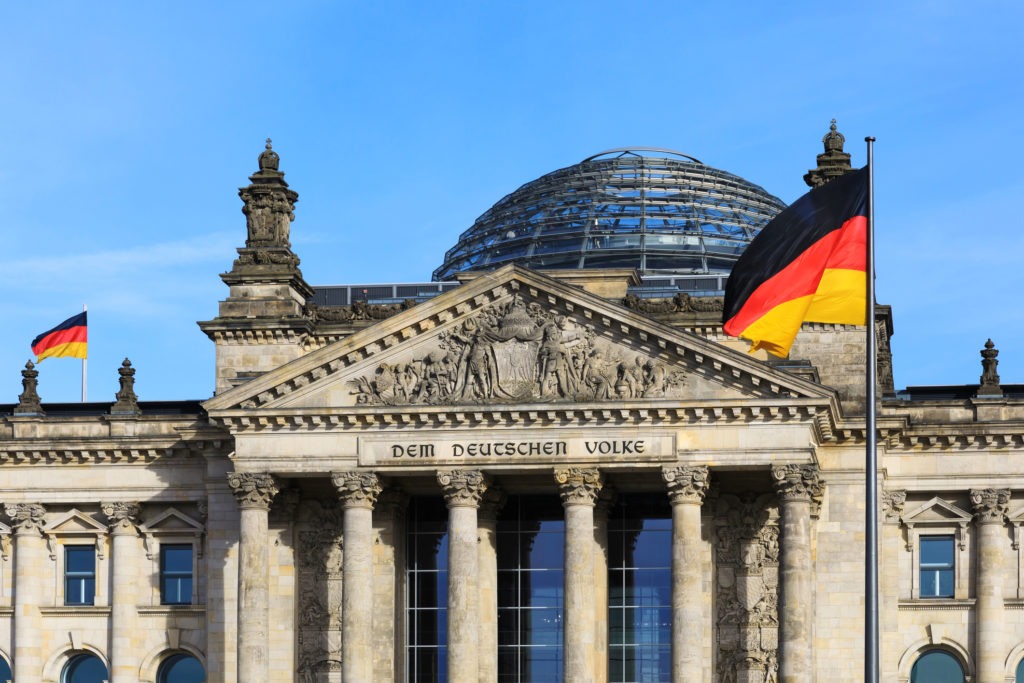Frankfurt to ban diesel vehicles from February 2019
06 September 2018

6 September 2018
Frankfurt must ban diesel vehicles from February 2019 to help improve air quality in the city centre, following a court ruling.
Euro 4 and older diesel vehicles, together with Euro 2 and older petrol vehicles would not be allowed in certain areas of the city. In September 2019, Euro 5 diesels will also be added to the ban, giving owners of these vehicles a transition period to make alternative arrangements.
The decision by the court in Wiesbaden on a case bought by German environmental group DUH came after a ruling in February this year that such bans are legal and should be implemented by authorities in a number of cities in the country.
“The driving ban is necessary because all other measures considered by the state will not lead to a significant reduction of nitrogen dioxide emissions in an appropriate time,” said presiding judge Rolf Hartmann.
The court also ordered other measures to cut pollution in Frankfurt such as more electric buses, higher parking fees and more park-and-ride places on the outskirts of the city.
JÜrgen Resch, DUH general manager, explains: “That was a good day for the “clean air” in Frankfurt. The court has not only confirmed that EU health protection law is more important than the profit motive of fraudulent automakers who have been selling diesel cars with ineffective cheapest catalysts for years. We now call on the black-and-green state government to recognise and implement this clever judgment, which also includes an introduction to the kind of change in traffic that is necessary for our cities towards fewer cars altogether.’
The ban affects around two-thirds of the city’s current bus fleet, and authorities have called on the national government for help with the upgrade to new buses that will be able to travel in areas affected by the ban. Pollution levels have regularly exceeded the limit in Frankfurt since 2010, the court heard.
Retrofitting ′essential.’
The regional government of Hessen has also called for a fast reaction from the national government on retrofitting vehicles to reduce pollution levels. “We want a fundamental solution to this problem, rather than driving bans,” state premier Volker Bouffier and Environment Minister Priska Hinz said in a joint statement.
Chancellor Angela Merkel has said that she would do anything possible to avoid driving bans in cities, which are already in force in Hamburg, and to be implemented in Stuttgart in January 2019. However, manufacturers are against hardware retrofits, maintaining they are expensive and will not do anything to help the situation.
Around 5.3 million vehicles are undergoing software retrofits as part of last year’s German diesel summit. This program is cheaper as it required a simple ECU software upgrade and no physical parts. There have been discussions over a fund, paid into by government and carmakers, to help with the cost of hardware recalls, while some have suggested that vehicle owners themselves should pay for any work.
The banning of diesel vehicles is also fuelling an uptake in petrol vehicle sales, which in turn increases the output of CO2 from automotive fleets. With strict levels on this pollutant to adhere to from the European Commission, and stricter targets likely to come into force from 2021, manufacturers are having to commit to expensive electrification programs, introducing hybrid, plug-in hybrid (PHEV) and electric vehicles (EVs) into their model ranges. Therefore any financial penalty of hardware retrofitting will be difficult for companies to take.